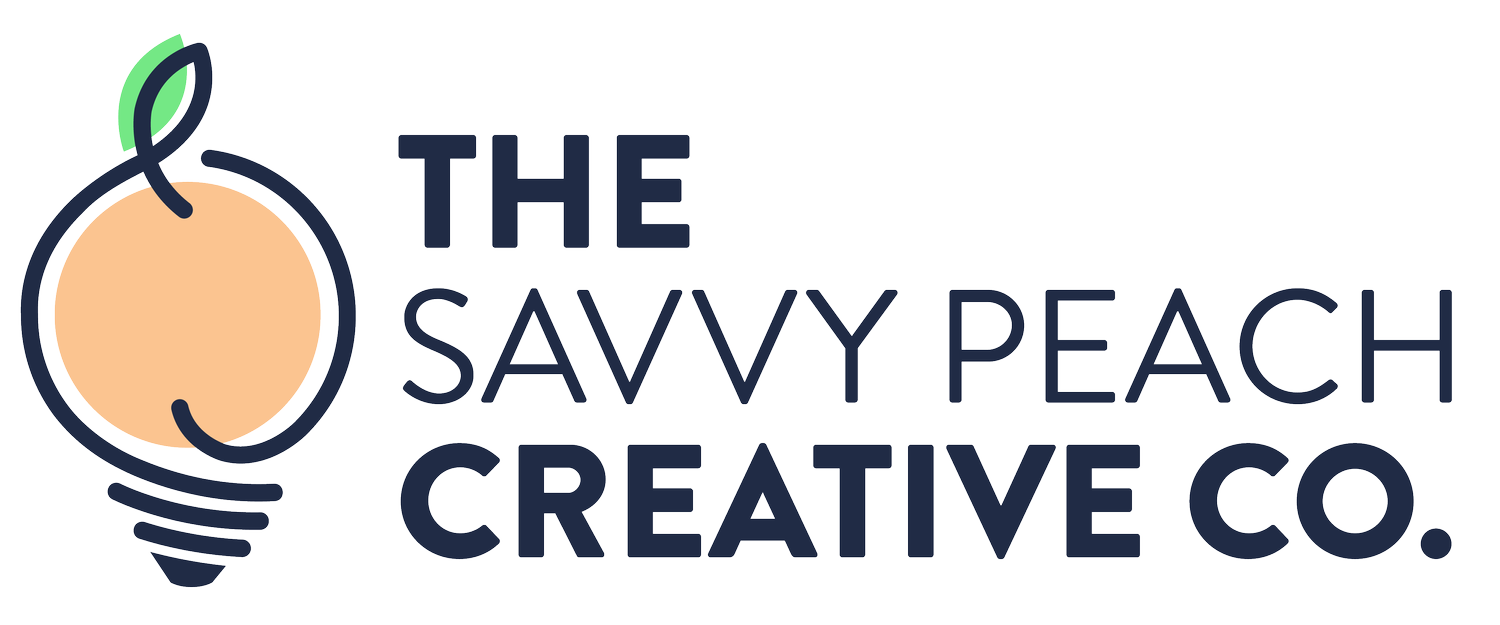The Art of Strategic Marketing: Why Planning Ahead is Key
In today’s business environment, marketing success is rarely the result of chance. The most resilient brands — whether Fortune 500 giants or growth-minded mid-market businesses — thrive because they prioritize strategy. They don’t just react to the marketplace; they anticipate it.
As you begin looking beyond 2025 and into 2026, the importance of forward-thinking strategic planning cannot be overstated. For Marketing VPs and C-level leaders, it is no longer enough to focus on short-term execution. The organizations that win are those that balance agility with vision — ensuring every tactic aligns with a long-term roadmap.
Strategy Provides Vision and Clarity
Your marketing strategy should act as a north star. Without it, even the most talented teams can find themselves working hard but moving in different directions. A well-defined strategy provides:
Clarity of Purpose: Every campaign and initiative ties back to larger business objectives.
Alignment Across Teams: From sales to operations, everyone understands how marketing drives growth.
A Roadmap for Scale: Instead of piecemeal campaigns, you create momentum that builds over years.
For executives, clarity is more than a buzzword — it’s an operational necessity. Inconsistent messaging or fragmented campaigns erode brand equity and weaken ROI.
Strategic Planning Anticipates Change
The business landscape is volatile. Economic shifts, consumer behavior, technology advancements, and regulatory changes can all impact your marketing success. Leaders who plan proactively are better positioned to adapt.
Consider:
AI and automation are rewriting the playbook for marketing operations.
Generational shifts in consumer expectations demand new engagement strategies.
Data privacy regulations continue to evolve, influencing how we collect and use customer insights.
By looking toward 2026, executives can make informed investments now — in tools, partnerships, and talent — that will future-proof their organizations.
Strategy Maximizes ROI
Most small and mid-sized businesses don’t have the luxury of unlimited budgets. Even at the enterprise level, marketing spend is scrutinized more than ever. Strategic planning ensures resources are deployed where they have the greatest impact.
A strong strategy allows leaders to:
Identify high-value opportunities and avoid low-yield tactics.
Integrate cross-channel campaigns for greater efficiency.
Measure against KPIs that actually matter to the business.
The result: a marketing budget that works harder and delivers measurable outcomes.
Planning Builds Organizational Accountability
A strategy is not just a plan — it is a framework for accountability. When objectives, KPIs, and timelines are clearly defined, leaders can track progress, evaluate effectiveness, and hold teams responsible.
For executives, this level of transparency offers two major advantages:
Informed decision-making: Marketing leaders can adjust course quickly based on data.
Executive confidence: Boards and stakeholders see clear evidence of marketing’s contribution to growth.
Accountability transforms marketing from a “cost center” into a proven driver of business performance.
Strategic Marketing Elevates Brand Value
At the highest levels of leadership, marketing is about more than campaigns — it is about brand equity. Strategic planning ensures that every touchpoint reinforces your brand’s position in the marketplace.
For Marketing VPs and C-suite leaders, the value lies in:
Consistency across channels and markets
Positioning that differentiates in crowded industries
Sustained growth that attracts investors, partners, and talent
Strong strategy doesn’t just fuel campaigns — it safeguards the long-term value of the brand itself.
The Executive Imperative
The art of strategic marketing is about foresight. Leaders who invest in planning today create resilience, adaptability, and long-term competitive advantage tomorrow. As 2025 approaches, now is the time to reflect on current efforts, refine priorities, and set the course for 2026 and beyond.
Marketing is no longer about keeping up. It’s about setting the pace.
Ready to put strategy at the center of your growth plan? Let’s start the conversation today.

